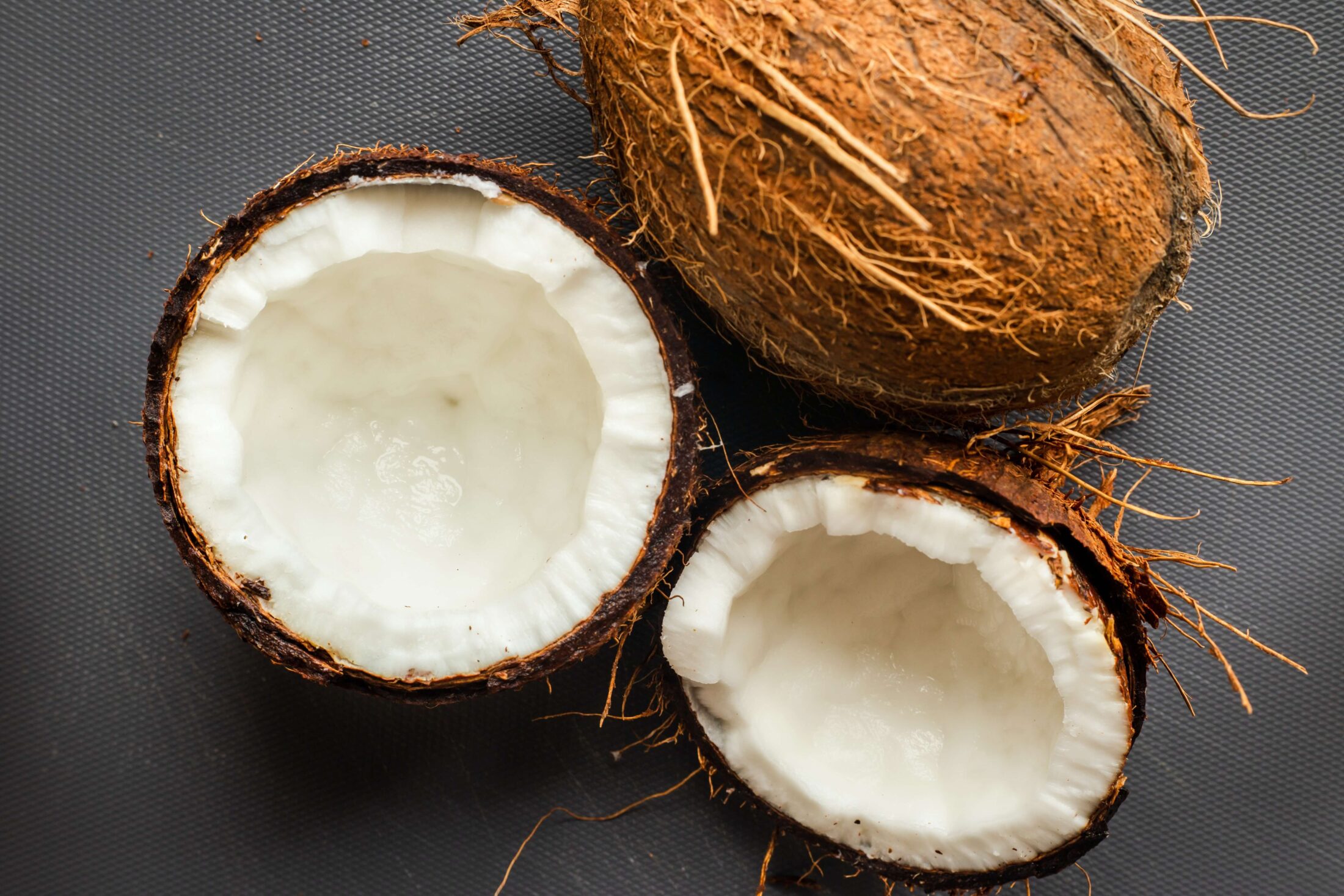

All-Natural


When it comes to natural remedies for skin problems, coconut oil has long been a trusted ally. Its versatility, rich moisturizing properties, and antimicrobial benefits make it a go-to solution for a wide range of skin conditions, including rashes and irritations. In this blog, we’ll explore the wonders of coconut oil and how it can be your ultimate skin cocoon, providing relief and healing for those pesky skin rashes and irritations.
Coconut oil, often referred to as “nature’s miracle,” is derived from the meat of coconuts and has a long history of use in traditional medicine. Its unique composition makes it a valuable ingredient for skin care. Here’s why it’s so effective:
Coconut oil is a potent moisturizer, thanks to its high fatty acid content. These fatty acids create a barrier on the skin, preventing moisture loss and keeping your skin hydrated. This is essential for soothing and healing rashes, as dry skin can exacerbate irritation.
Coconut oil contains anti-inflammatory compounds such as lauric acid, capric acid, and caprylic acid. These components help reduce redness and swelling, making coconut oil a natural choice for calming irritated skin.
The medium-chain fatty acids in coconut oil have powerful antimicrobial properties. This means that coconut oil can help protect your skin from infection and promote healing, especially for rashes caused by bacteria or fungi.
Coconut oil is rich in antioxidants, which play a role in skin repair and rejuvenation. By applying coconut oil to your skin, you’re supplying it with the antioxidants it needs to heal more quickly.
Coconut oil is a natural product without harsh chemicals or additives. This makes it a safe choice for all skin types, including sensitive skin. It’s also readily available and affordable, making it an accessible option for many.
Using coconut oil for rashes and irritations is a simple process. Here’s a step-by-step guide:
Opt for organic, unrefined, and virgin coconut oil. These types of coconut oil maintain the highest level of beneficial compounds. Look for trusted brands with a good reputation for quality.
Before applying coconut oil to a larger area, perform a patch test on a small, inconspicuous part of your skin. This test helps you ensure you don’t have an adverse reaction to coconut oil.
Start by cleaning the affected skin gently with mild soap and water. Pat it dry with a clean, soft towel. This step ensures that the coconut oil is applied to clean skin.
Take a small amount of coconut oil and gently apply it to the irritated area. You can use your clean fingers or a cotton ball for precise application. Massage the oil into your skin in a circular motion.
Let the coconut oil absorb into your skin for a few minutes. You can leave it on as a moisturizer or wash it off after a while, depending on your preference.
For best results, repeat the application as needed. Coconut oil is safe for daily use and can be applied until the irritation subsides.
Coconut oil can provide relief for various skin conditions. Here are some common issues it can address:
Eczema often results in dry, itchy skin. Coconut oil’s moisturizing properties can help alleviate dryness and reduce itching. Applying it regularly can lead to improved skin comfort.
Coconut oil’s anti-inflammatory and antimicrobial properties are particularly useful for contact dermatitis, where the skin becomes inflamed due to irritants. It can help soothe redness and prevent further irritation.
For babies and young children, diaper rash can be a common problem. Coconut oil, applied as a protective barrier, can prevent and treat diaper rash by reducing friction and soothing the skin.
Coconut oil’s antifungal properties make it effective in treating fungal infections such as athlete’s foot and ringworm. Apply it to the affected area for relief and faster healing.
When dealing with the itchiness and irritation of bug bites, coconut oil can provide relief. It helps soothe the skin, reduce redness, and minimize itching.
While coconut oil won’t cure psoriasis, it can provide some relief by moisturizing the affected areas and reducing scaling and redness.
While coconut oil is generally safe for skin care, some precautions and tips are worth noting:
1. Patch Test: Always perform a patch test before applying coconut oil to larger areas to ensure you don’t have an adverse reaction.
2. Use in Moderation: Coconut oil is rich, so using too much can leave your skin feeling greasy. Start with a small amount and adjust as needed.
3. Consult a Doctor: If you have a severe skin condition or are unsure about using coconut oil, consult a healthcare professional for guidance.
4. Storage: Store your coconut oil in a cool, dry place away from direct sunlight to maintain its quality.
Coconut oil is a natural, affordable, and effective remedy for a wide range of skin rashes and irritations. Its hydrating, anti-inflammatory, and antimicrobial properties make it a versatile addition to your skincare routine. Remember to choose high-quality coconut oil, perform a patch test, and enjoy the healing benefits of this tropical gem. Embrace the cocooning power of coconut oil and provide your skin with the soothing relief it deserves.
Sustainable Shades For many DIY enthusiasts and design aficionados, a fresh coat of paint is…
Cruelty-Free Solutions for a Healthier You Chronic inflammation can be a relentless foe, disrupting our…
Unleashing Your Brain's Potential In today's fast-paced world, maintaining sharp mental focus and cognitive agility…
Exploring DIY Organic Makeup Fixers For the eco-conscious beauty enthusiast, the quest for flawless makeup…
A Sensitive Exploration The clean beauty movement has taken the beauty world by storm. Consumers…
Taming the Mane Frizz – the bane of smooth hair dreams. It can transform a…
This website uses cookies.